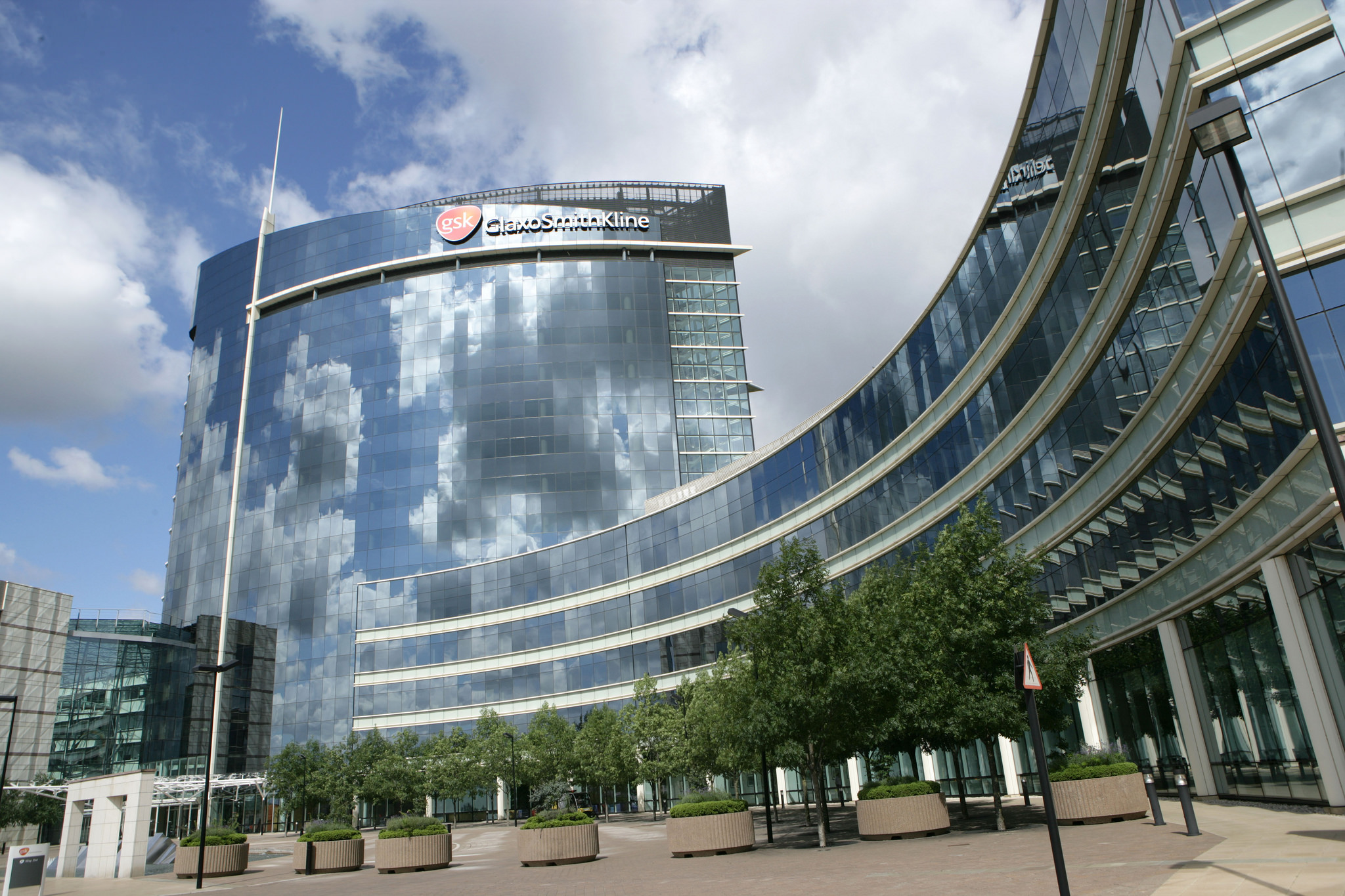Safety probe prompts GSK to halt RSV jab study in pregnant women

GlaxoSmithKline has a lot riding on its respiratory syncytial virus (RSV) vaccine, which it thinks could be a $4 billion product at peak, so investors will be nervous about its decision to pause a trial of the shot while a safety signal is investigated.
Shares in the company slipped marginally this morning after the announcement that enrolment and dosing of the RSV vaccine would be halted in the phase 3 GRACE trial and two other studies involving pregnant women.
GSK was quick to point out that the halt doesn't apply to its AReSVi 006 phase 3 trial of the jab in older adults aged 60 years and above, which is due to read out in the next few months.
That's important for GSK, as the company is in a three-way race with Pfizer and Johnson & Johnson to bring an RSV vaccine to market for this age group with pivotal results due in 2022 or 2023.
"This decision was made following a recommendation from the independent data monitoring committee based on an observation from a routine safety assessment," said the company, adding it will provide a further update "in due course."
RSV has been top of the list of R&D projects for vaccine developers for years, as it is widespread and life-threatening – claiming thousands of lives every year in the US – and market watchers think the global market could be worth $10 billion or more in the next 10 years.
The infection mainly affects older adults, a group which is estimated to account for around 80% of cases, but maternal transmission of the virus to newborn infants is a problem – in fact RSV is the leading cause of hospitalisations in infants.
Worldwide, RSV infections lead to more than three million hospitalisations and almost 60,000 deaths in children under five years of age every year, with around half of fatalities in infants less than six months.
Pfizer is also investigating its candidate in pregnant women, so the delay to GRACE could give it time to narrow the gap with GSK. Moderna also recently entered the RSV vaccine race with its own mRNA-based candidate that will combine flu, COVID-19 and RSV into a single shot, but that is still in early development.
There is already a drug options to protect newborns from RSV, namely Sobi's Synagis (palivizumab), with a rival antibody from AstraZeneca and Sanofi in late-stage development.
Yesterday, their nirsevimab candidate started an accelerated review by the European Medicines Agency (EMA), for the prevention of medically attended lower respiratory tract infections (LRTI) in all infants through their first RSV season.












